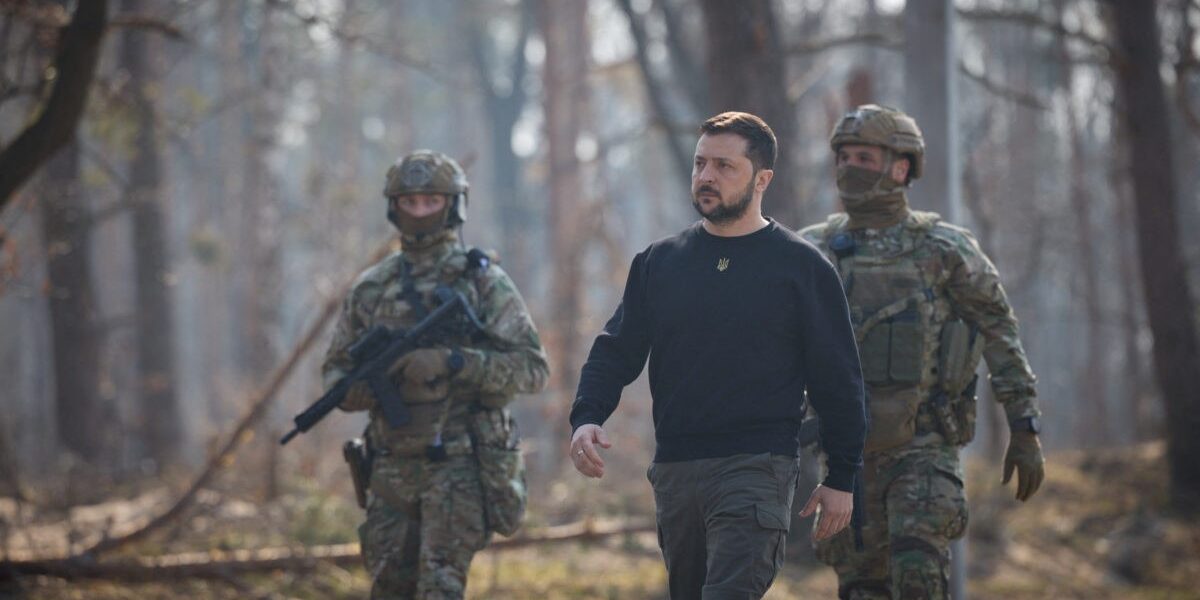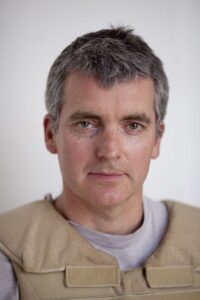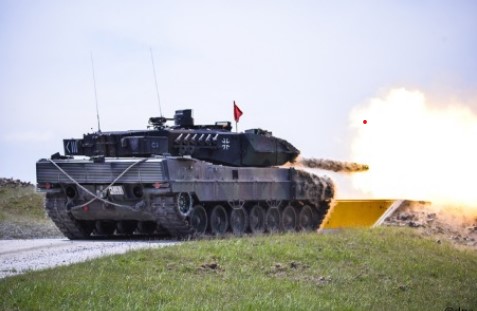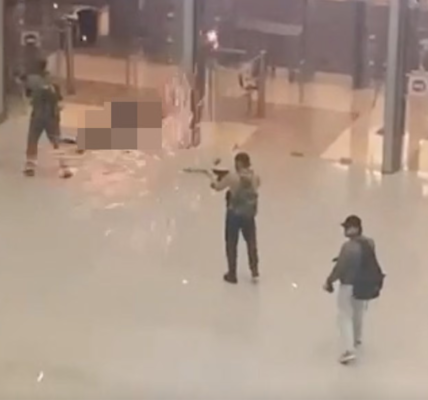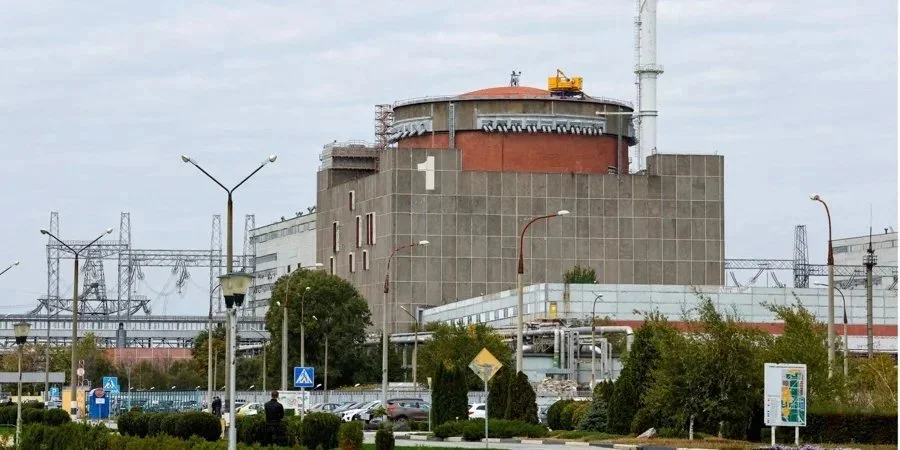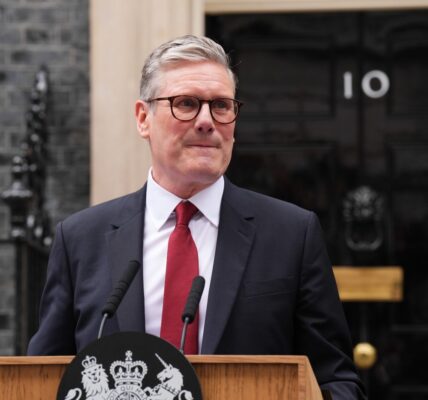As the war in Ukraine enters a second year, Russian losses are mounting at an alarming rate with losses expected to reach 500,000 soldiers by 2025 if the number of casualties sustained in President Vladimir Putin’s Special Military Operation continues at the same rate.
The British Ministry of Defence believes that the average daily number of Russian casualties in Ukraine has risen by almost 300 during the course of 2023.
If the numbers continue at the current rate over the next year, the MoD said, Russia will have lost over half a million personnel in Ukraine.
In the two years since President Putin launched his special military operation in Ukraine the Russian Armed forces have suffered over 315,000 casualties – a figure which means that 90 per cent of the troops sent to fight in Ukraine in February 2022 are now dead or wounded.

At least 20 Russian navy vessels have been sunk, over 2,600 tanks and 4,900 armoured vehicles have also been destroyed in the two years of fighting. Up to 2,300 artillery pieces and 167 multiple rock launches have also been lost – although it should be noted that all of these equipment losses are estimates.
The sheer scale of Russian losses in Ukraine is often bewildering. For example, in the battle of Avdiivka, a city in the Donetsk region of eastern Ukraine, which lasted from October 10, 2023, to February 17, 2024, Russia lost 47,186 troops, 364 tanks and 748 armoured fighting vehicles during the offensive.
Although President Vladimir Putin hailed the capture of the city as a significant strategic victory in reality the fall of Avdiivka was more of a symbolic victory rather than strategic.
Financially, supplying and sustaining military operations has cost Moscow an estimated $211bn USD. Russia has lost around $10bn USD in postponed or cancelled arms sales, along with another $1.3tn USD in previously anticipated economic growth through 2026, according to US officials.
Two years ago, many US and British military commanders believed that Ukraine would probably be able to withstand a Russian onslaught for about three weeks before President Vladimir Putin declared total victory.
Although the fact that Ukraine is still able to achieve significant military victories against Moscow is down to the courage, tenacity and creativity of its troops and military leaders,
Russian incompetence, corruption and a lack of professionalism have also played a part.
The Center for Naval Analyses (CNA), a US think tank, said in a report last year: “Soon after Russia’s invasion of Ukraine, it became evident that Russia’s ground forces were not adhering to their training and doctrine.
Nowhere was this more apparent than in manoeuver. As the Russian advance on Kyiv stalled (in February and March 2022), units became bogged down in urban areas or canalised along narrow roadways.”
As Russian troop losses mounted the need to send poorly trained officers and conscripted soldiers to the front has increased.

The report added: “As more inexperienced reservists and conscripts are mobilised and deployed to Ukraine and as attrition continues to take its toll, the training problems are likely to be exacerbated.”
But it would be a mistake to believe that Ukraine will win because the Russian military is poorly led and incompetent. Historically, Russia has shown that it has the capacity to out-suffer opponents during times of war and this would appear to be the case today.
Despite all the losses suffered by the Russian armed forces, Moscow still believes that it is winning the war, according to Dr Jack Watling of the Royal United Services Institute (RUSI).
In a report marking the second anniversary of the war, he wrote: “Russia still maintains the strategic objective of bringing about the subjugation of Ukraine. It now believes that it is winning. Surrender terms currently being proposed by Russian intermediaries include Ukraine ceding the territory already under Russian control along with Kharkiv, and in some versions Odessa; agreeing not to join NATO; and maintaining a head of state approved by Russia. The only significant concession Russia proposes is that what is left of Ukraine can join the EU.”
He added that Russia will attempt to achieve its war aims by continuing assault along the length of the Ukrainian front to drain the Armed Forces of Ukraine’s (AFU) munitions and reserves of personnel.
He continued: “Parallel to this effort, the Russian Special Services are tasked with breaking the resolve of Ukraine’s international partners to continue to provide military aid. Once military aid has been significantly limited such that Ukrainian munition stocks become depleted, Russia intends to initiate further offensive operations to make significant – if slow – gains on the battlefield. These gains are then intended to be used as leverage against Kyiv to force capitulation on Russian terms. The planning horizon for the implementation of these objectives, which is providing the baseline for Russian force generation and industrial outputs, is that victory should be achieved by 2026.”
Despite the threat posed by Russia, not just to Ukraine but to Poland and the Baltic states, there has been a suggestion that war fatigue is starting to have an impact on some countries which have been helping Ukraine’s stretched armed forces.
While the EU recently agreed a $50bn USD support package for Ukraine, a $95bn USD in foreign aid including funding for Ukraine has been delayed by Congressional Republicans. President Volodymyr Zelensky needs the funding so that he can pay his soldiers and civil servants and to help fund the war against Russia.
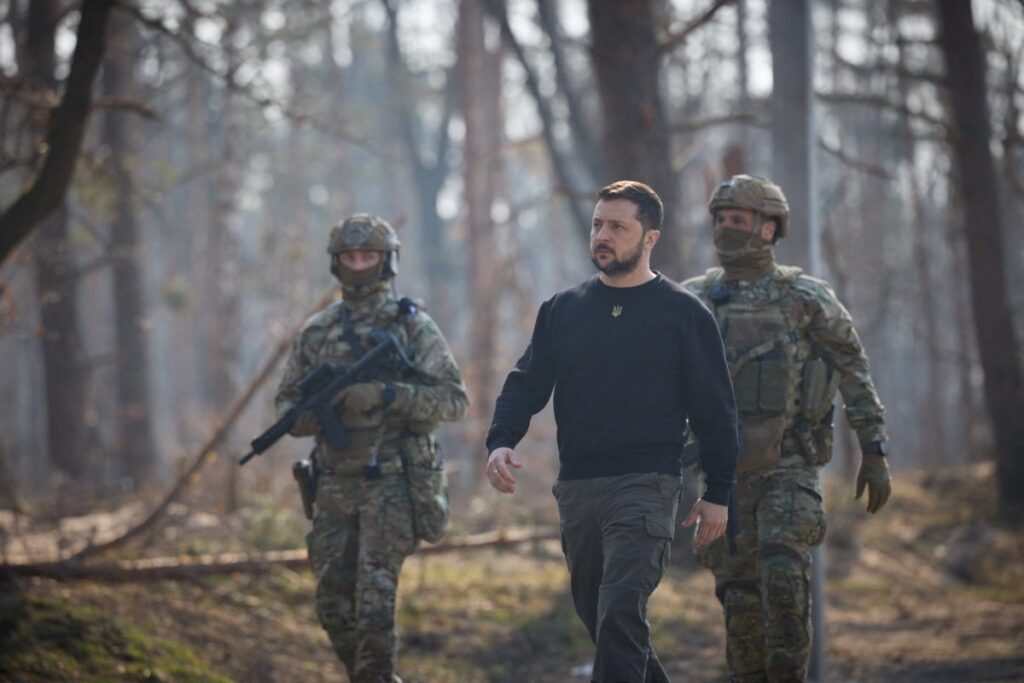
While the cost of the war to the west is significant, the potential cost of the west failing to help Ukraine defeat the Russian Army is incalculable, a former head of MI6 has said.
Sir Alex Younger, the former chief of the Secret Intelligence Service, also known as C, said that by Nato supplying Ukraine with billions of dollars of military aid, they had shown that President’s Vladimir Putin’s world beating Army, which had hoped to seize Kyiv within weeks and declare a resounding victory, was hopelessly “flawed.”
He said in a BBC podcast: “We have to ensure that Ukraine becomes a viable western country and that the Russian military threat is contained, and we’ve got to explain to people why that’s to our benefit in the US and in Europe.”
He said that spending billions on supporting Ukraine was “absolutely” worth the cost and described it as a bargain.
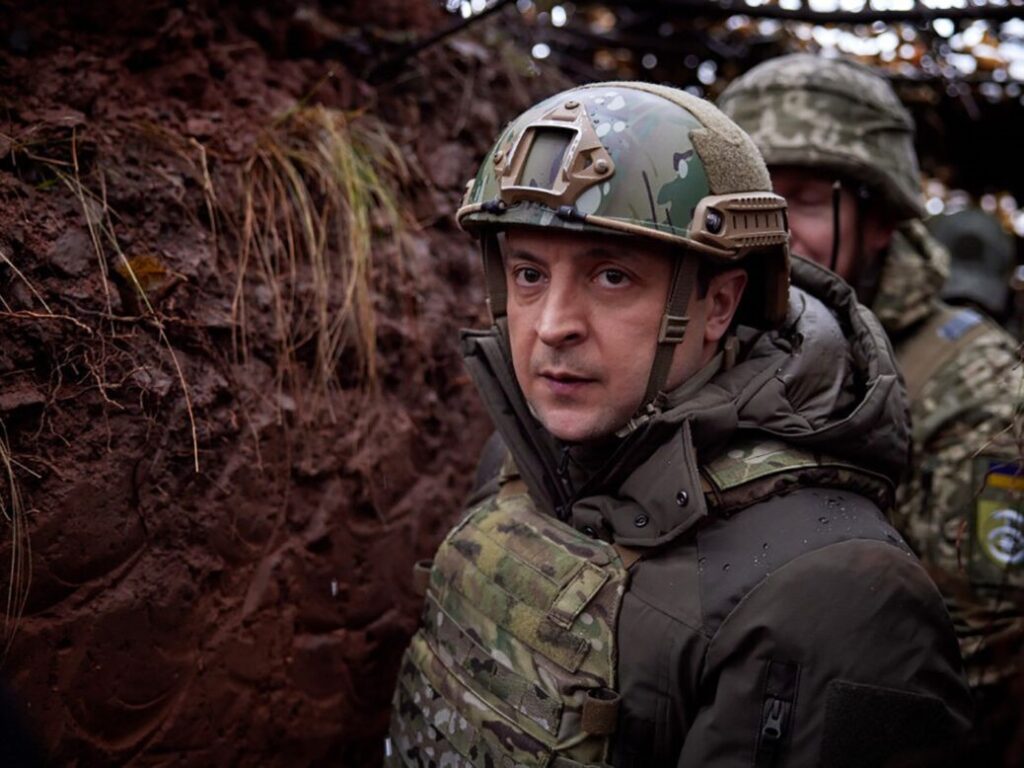
He added: “We have seen what was presented as a formidable world beating military force revealed as flawed through our collective efforts and if you want to be mercenary about this, we have discovered that by committing material resources it is not necessary to put a single Nato boot on the ground to achieve that. The cost, by contrast, of allowing Putin to prevail which would ultimately end in confrontation between these two value systems, the Nato alliance and Russia, it’s incalculable.”
Sir Alex’s views were also echoed by former US Lt Gen and National Security Advisor to Donald Trump, HR McMaster: “The United States has a clear choice: arm the Ukrainians with the weapons they need to defend themselves or cut off aid and abandon democratic Ukraine in its struggle for national survival against Putin’s aggression. As the United States Congress fails to sustain support for Ukraine, North Korea, China and Iran are expanding their support for Russia.”
In summary, it is clear that President Putin has no plans to withdraw from Ukraine anytime soon and President Zelensky’s armed forces’ only hope of winning or keeping hold of the remainder of their country is with significant help from Nato and non-Nato countries.

